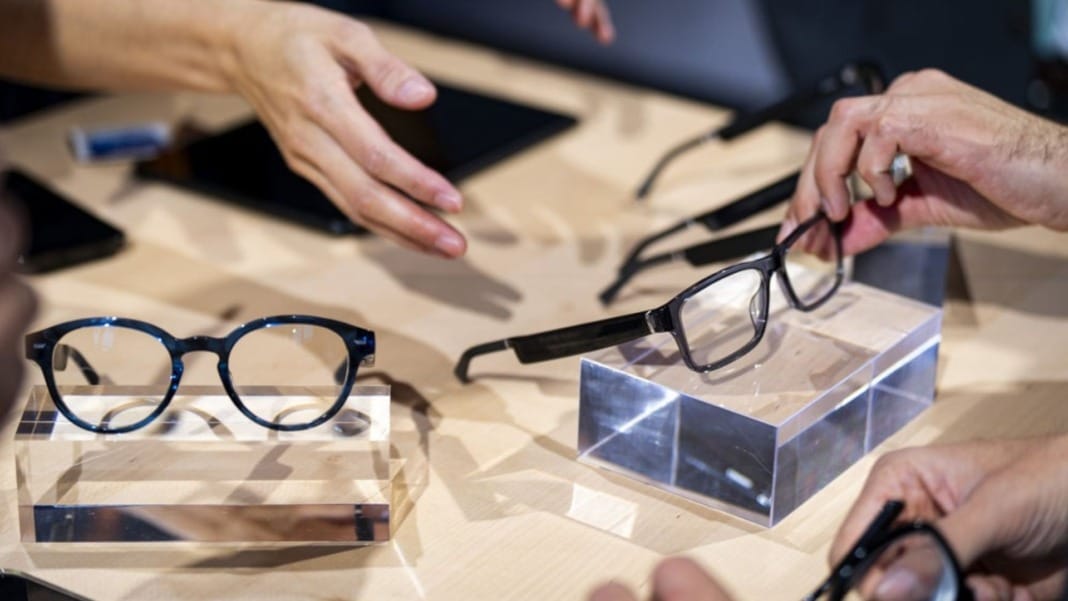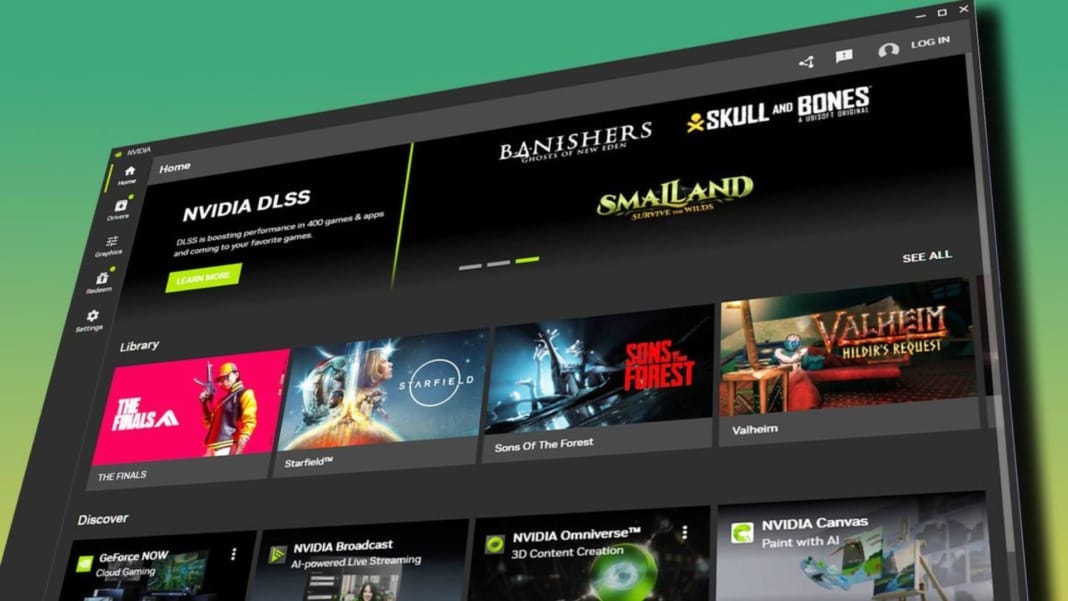Amazon may soon introduce augmented reality (AR) glasses for its delivery drivers to improve efficiency and productivity. According to sources speaking to Reuters, these new smart glasses, internally codenamed “Amelia,” are being developed to reduce delivery times by seconds at each stop. The glasses are designed to offer real-time assistance to drivers, replacing handheld devices and potentially allowing drivers to handle more packages at once.
The development reportedly builds on Amazon’s existing Echo Frames, a previous version of smart eyewear that didn’t gain widespread adoption. By adding new features tailored for delivery, Amazon hopes to support its workforce while moving closer to automated delivery systems in the future.
Aiming to streamline deliveries with AR guidance
Amazon’s AR glasses are expected to include an embedded display that provides step-by-step navigation to guide drivers as they deliver packages. This could be particularly helpful within complex buildings or more prominent neighbourhoods, reducing drivers’ time navigating unfamiliar areas. The AR display will offer “turn-by-turn” instructions while driving, potentially eliminating the need for handheld GPS devices.
For delivery drivers, this could mean a significant change in their daily routine. By wearing these smart glasses, they would have hands-free navigation and route information directly within their field of view. Theoretically, this would streamline the delivery process, allowing drivers to save time as they drop off each package.
One source familiar with the project described the glasses as part of Amazon’s larger goal to boost productivity across its delivery network. Even small time savings on each delivery stop could lead to notable improvements when scaled across Amazon’s vast network of drivers.
Challenges with design, battery life, and data collection
Despite the potential advantages, Amazon must overcome several hurdles before these glasses can be ready for widespread use. Integrating an adequate battery that can last an entire eight-hour shift has proven challenging, as has creating a comfortable design that won’t cause fatigue or discomfort during extended use. Both factors must be addressed before the glasses become a practical tool for drivers.
Another significant challenge is gathering the necessary data for building layouts and neighbourhoods that the glasses rely on. For the AR guidance to be effective, Amazon would need highly detailed data on various buildings and streets. Collecting, maintaining, and updating this information could be costly and time-consuming.
Amazon still needs to commit to making the glasses mandatory for its drivers. Sources indicate the project could be shelved if it becomes too costly or fails to deliver on its promises. Even if the glasses move forward, it could be years before they become standard gear for Amazon’s delivery fleet.
Amazon’s cautious approach to AR and previous setbacks
Amazon’s Echo Frames, the smart glasses that serve as the foundation for “Amelia,” have not been a significant success. Only 10,000 units have been sold since their third-generation launch last year. This slow adoption rate might make Amazon wary of pushing another innovative eyewear project without strong potential.
In a statement to Reuters, Amazon confirmed it is “continuously innovating to create an even safer and better delivery experience for drivers” but declined to comment specifically on the AR glasses project, adding, “We otherwise don’t comment on our product roadmap.”
While Amazon appears committed to testing new technology to support its drivers, the future of AR glasses within its delivery network remains uncertain. The glasses could offer real-time guidance to make delivery routes quicker and easier, though it remains to be seen if this innovation will become a practical solution.





